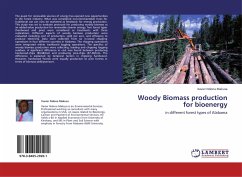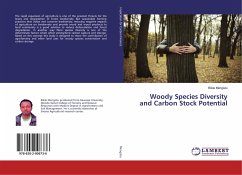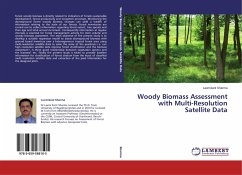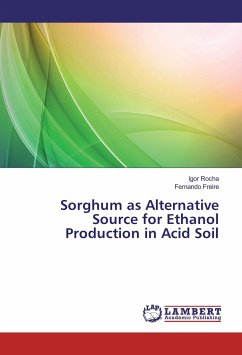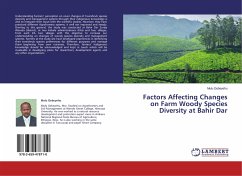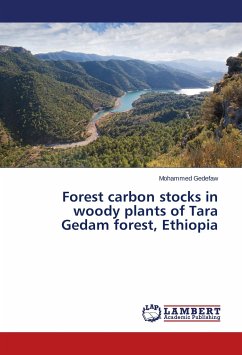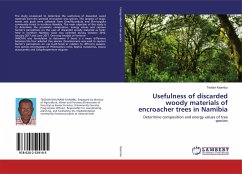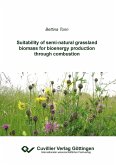The quest for renewable sources of energy has opened new opportunities in the forest industry. What was considered non-merchantable trees for traditional use can now be marketed as feedstock for energy production. This study was set to evaluate protocols for producing woody biomass as an added-value production for renewable cleaner energy. Two forest types (hardwood and pine) were considered as treatments with three replications. Different aspects of woody biomass production were evaluated including cost of production, yield per acre, and efficiency to produce electricity. Data were collected from six in-wood chipping operations in four different counties in Alabama. The chipping operations were integrated within traditional logging operations. The specifics of woody biomass production were collecting, loading and chipping logging residues. A significant difference in cost was found between producing hardwood-chips ($9.68/ton) and producing pine-chips ($7.26/ton). The difference is explained by temporal factors in chipping hardwood. However, hardwood forests were equally productive to pine forests in terms of biomass yield/year/acre.

